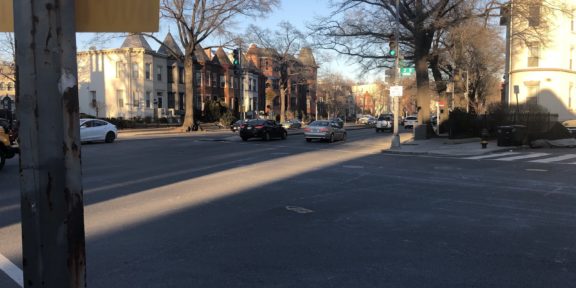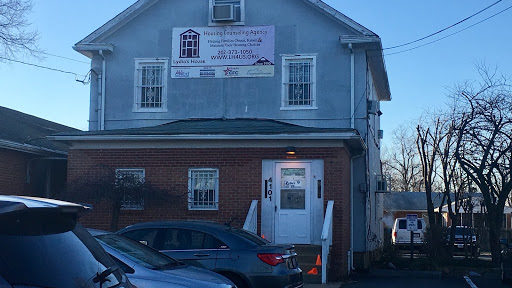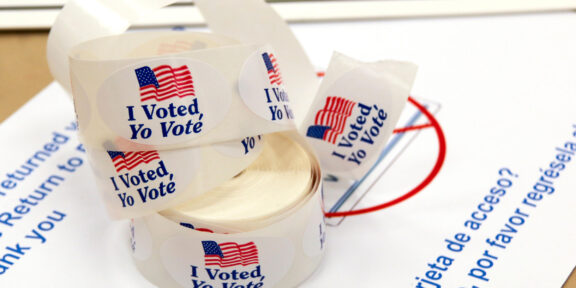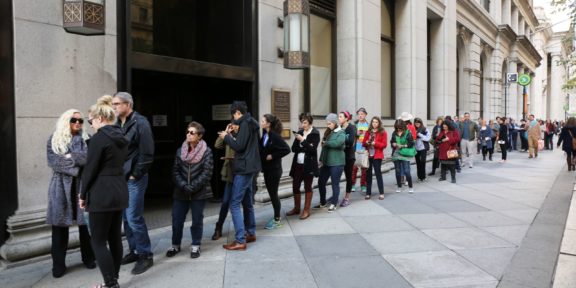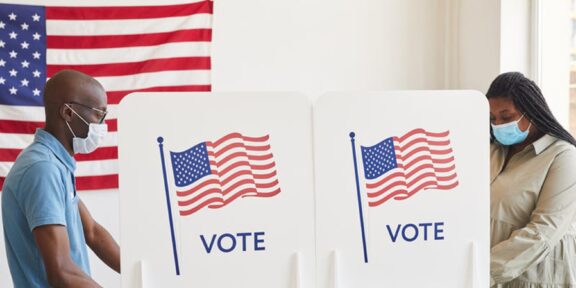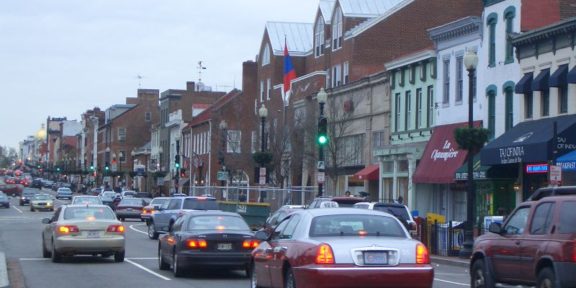The Sibley Oncology Clinic at United Medical Center will permanently close its doors in less than three months, leaving residents in D.C. Wards 7 and 8 without local cancer care once again.
The District of Columbia ranks 6th in the nation for cancer-related deaths, and first for deaths related to prostate, cervical and breast cancers according to the Georgetown Lombardi Cancer Center.
The Clinic, opened in 2015, was a partnership between Sibley Memorial Hospital, United Medical Center and Howard University Hospital. The $157 million project was approved because of its promise to offer local oncology services to patients that needed it most in Wards 7 and 8.
Now, the clinic has stopped receiving patients entirely and is scheduled to end all services by June 30.
According to DCHealthMatters, 92 percent of the approximately 80,000 person populations in both Wards 7 and 8 are African American. The wards have the lowest household income averages in D.C. (ranging between $32,000 and $33,000 annually) and the largest percentage of families (between 25% and 31%) that fall below the city’s line of poverty.
Wards 7 and 8 also have the highest cancer prevalences of all the wards in the city.
 Sibley provided patients from Wards 7 and 8 with treatment and diagnostic procedures, and offered “navigation services” to ensure that patients had adequate transportation and access to food throughout their experiences. The staff worked through social and economic barriers that could have prevented people from completing treatment.
Sibley provided patients from Wards 7 and 8 with treatment and diagnostic procedures, and offered “navigation services” to ensure that patients had adequate transportation and access to food throughout their experiences. The staff worked through social and economic barriers that could have prevented people from completing treatment.
In spite of their efforts, Dr. Dennis Haghighat, Chief Medical Officer at UMC said, “due to significantly low patient volumes and there not being any oncologists on staff at UMC after the recent retirement and of its key cancer expert, the clinic has deteriorated. We did what we could to save the partnership, but there just weren’t enough resources available.”
Dr. Melvin Gaskins, who was once the head oncologist at both Howard University and the UMC cancer clinic, retired in the summer of 2017. After his retirement, Sibley Memorial Hospital opted not to replace him, choosing to hire an oncology nurse practitioner instead.
“There was so much demand and so few physicians available to meet it,” said Dr. Gaskins. “[The Board of Directors wanted an oncologist onsite to see patients at United Medical [Center], not just in the clinic. I was pulled so thin as it was… I felt that it was my time to step away.”
According to Dr. Haghighat, UMC asked Sibley to end their program’s operations following an 80% drop in patient referrals that spawned from Dr. Gaskins’ retirement. Now, only 40 patients are left to complete their treatment in these final few weeks of services.
Janine Wheatley is a 69-year-old grandmother of 11 with her twelfth on the way. She survived her first battle with breast cancer in 2014, but was re-diagnosed with same cancer just last year. Her first treatment was for stage two cancer, and with its 93% survival rate, Wheatley won her battle with ease and underwent radiation but no chemotherapy. This time, however, her cancer has reached its fourth stage. She has been given less than five years to live.
“Everyone asks when I’ll finally get to stop [these] treatments,” Wheatley said, her chocolate brown face giving way only to a flickering moment of sorrow. Her smile and foxy attitude both return when asked for her response to the question. “I wish you could see the look on their faces when I tell them the treatment stops when I’m dead.”
Ms. Wheatley will be one of the handful of patients due for a transfer to care outside of UMC for her future procedures and treatments.
She says the closest cancer center is miles away, but with a methadone clinic nearby and a rehab facility next door to UMC, Wheatley quipped, “Maybe it’s time to look for a new kind of treatment.”

